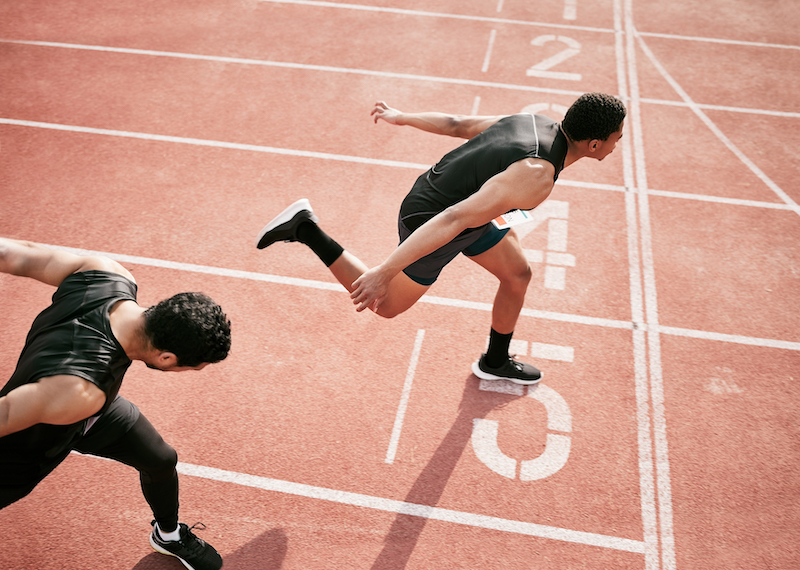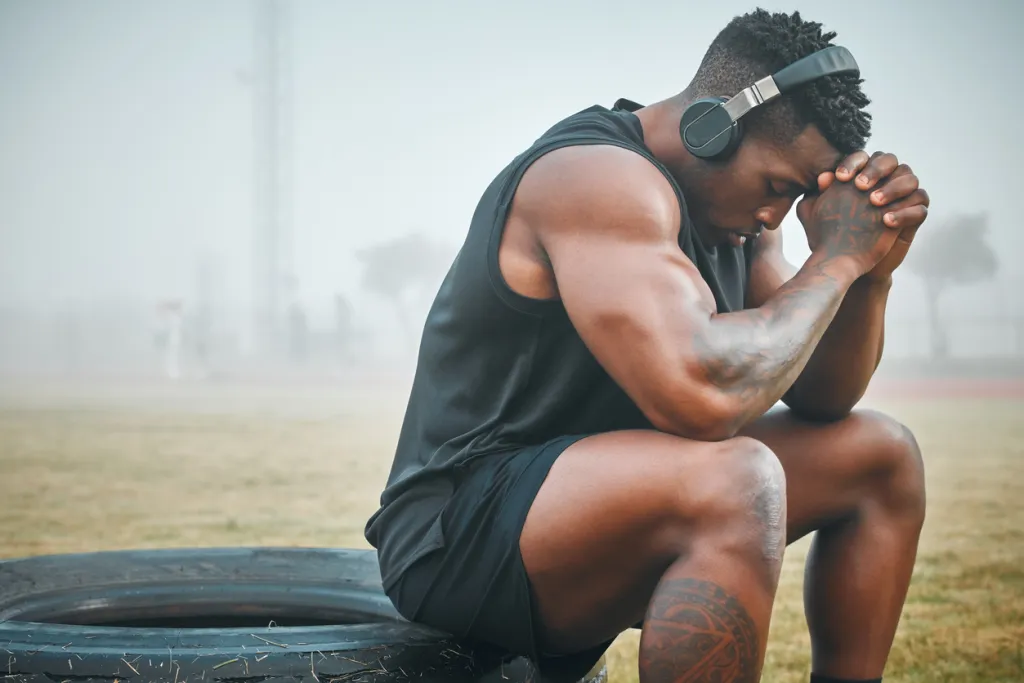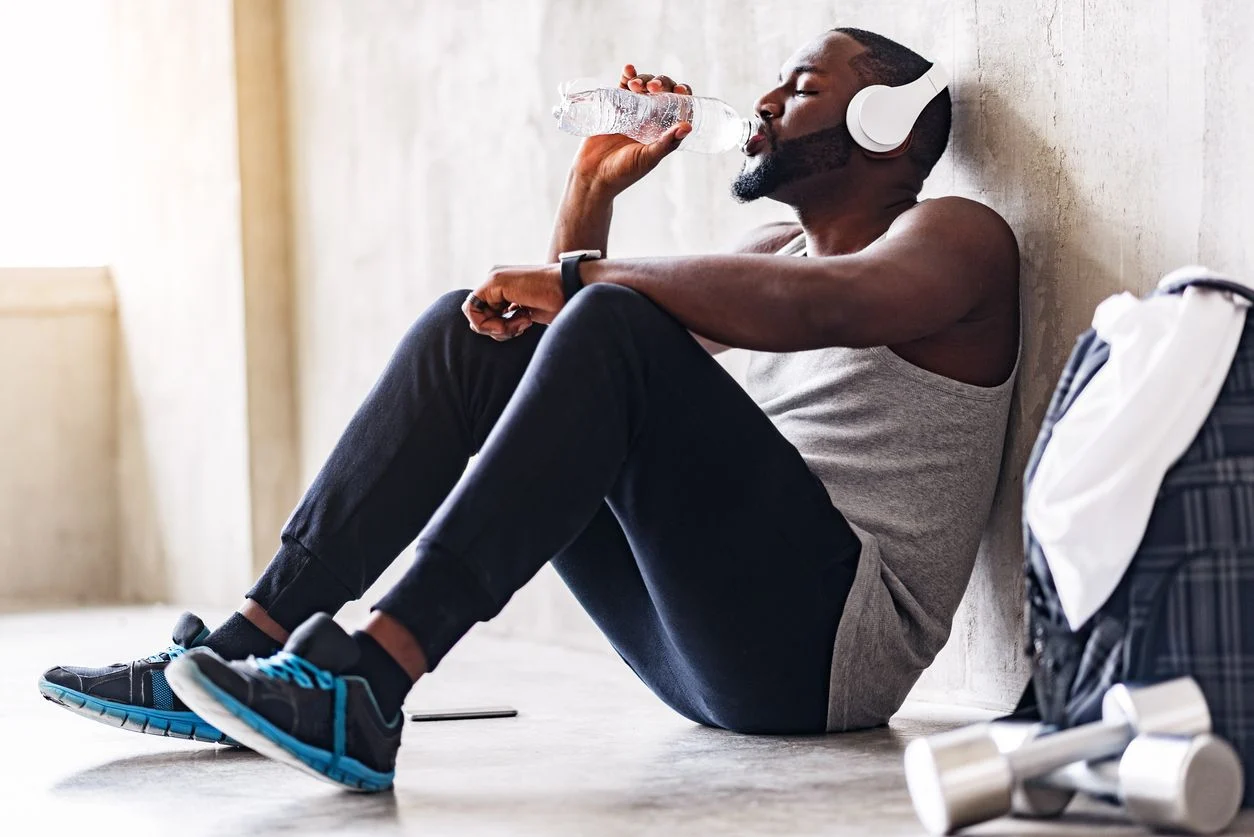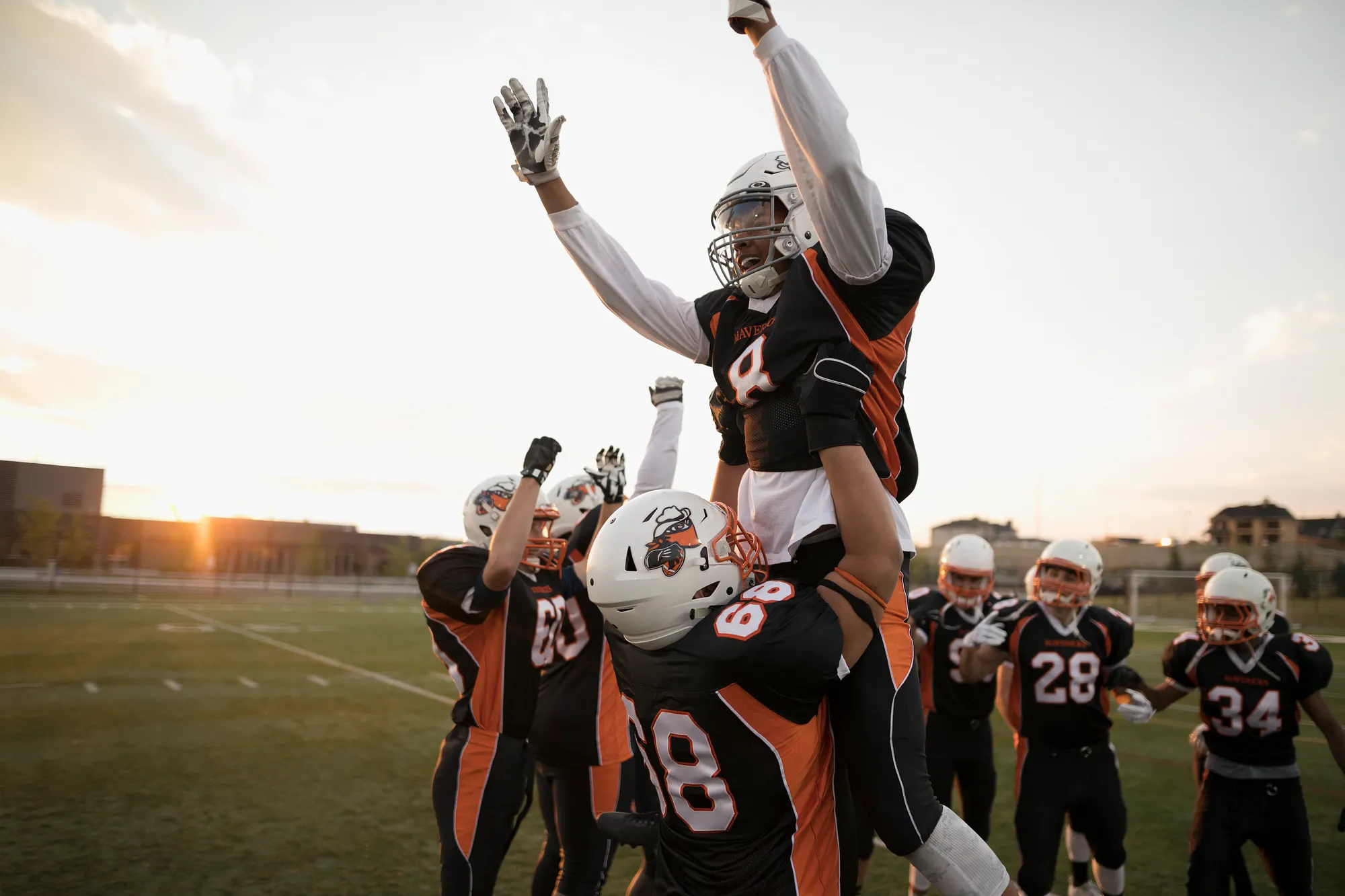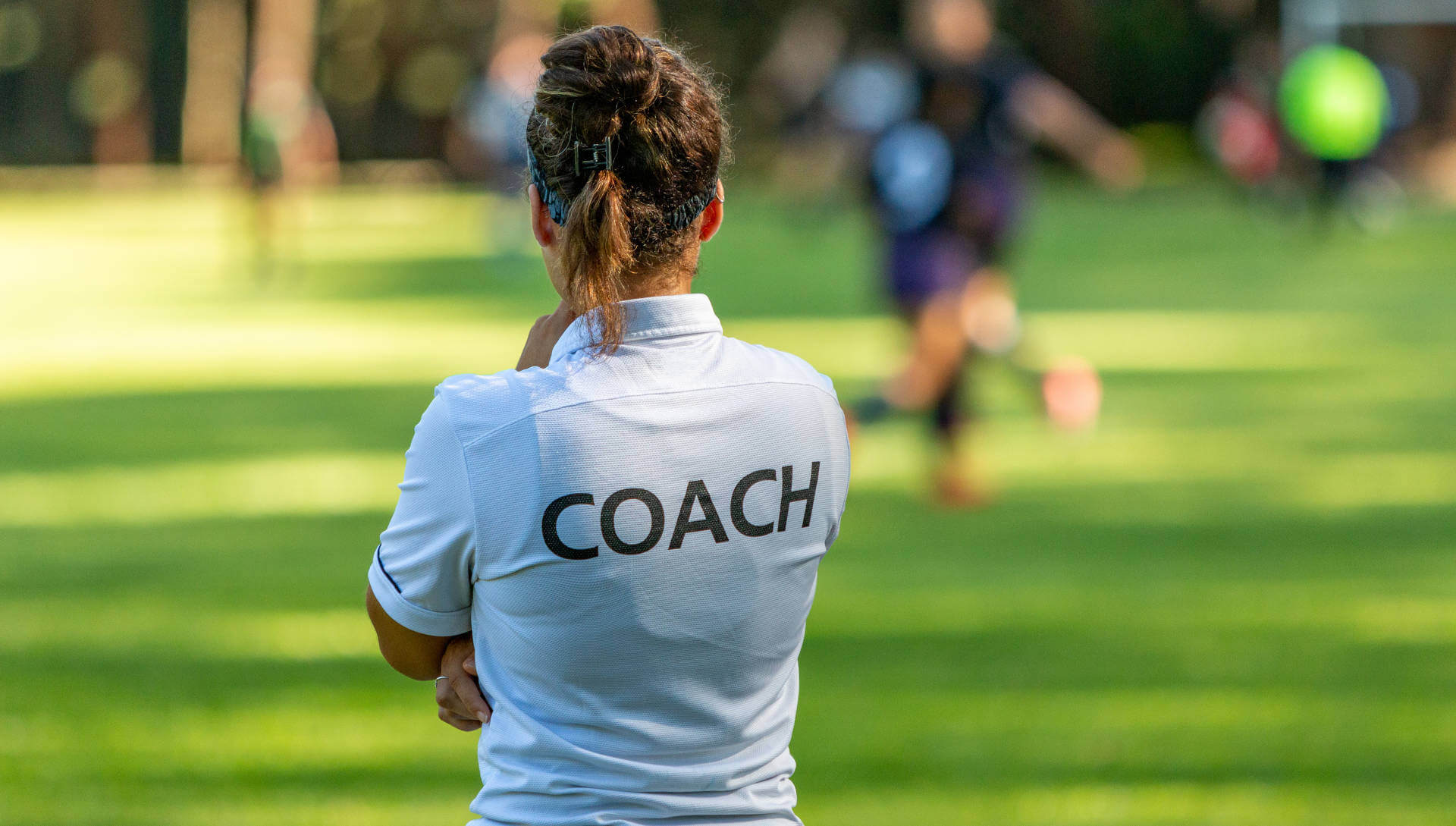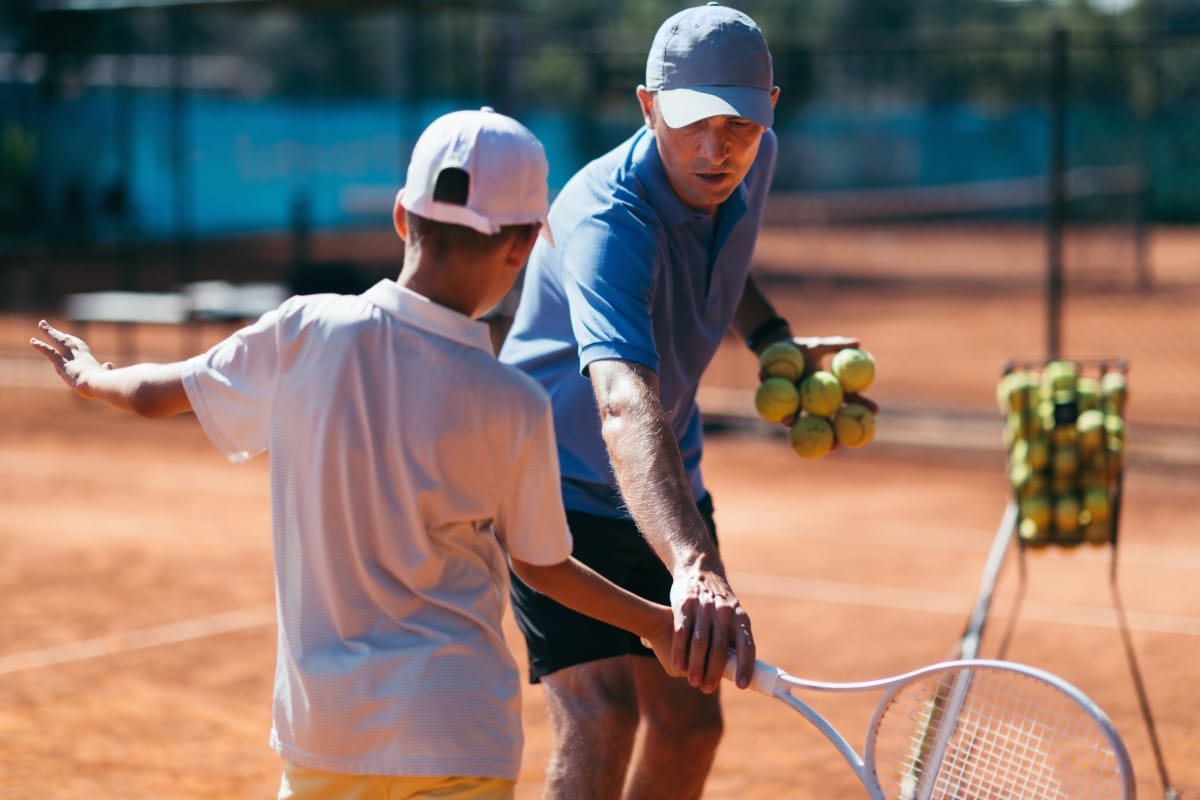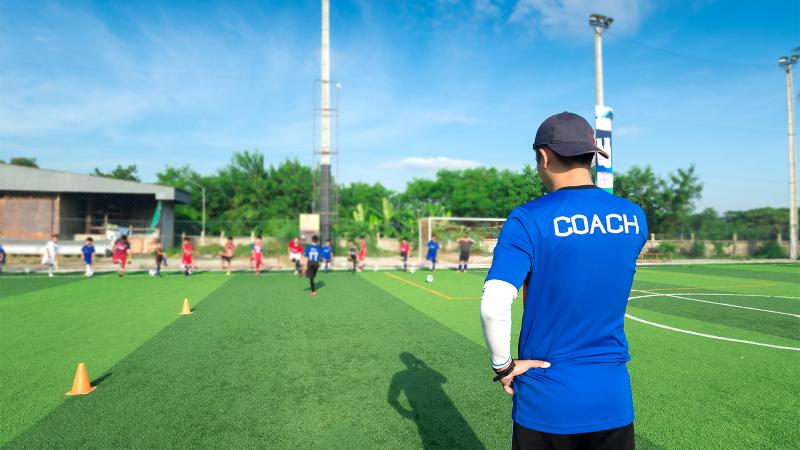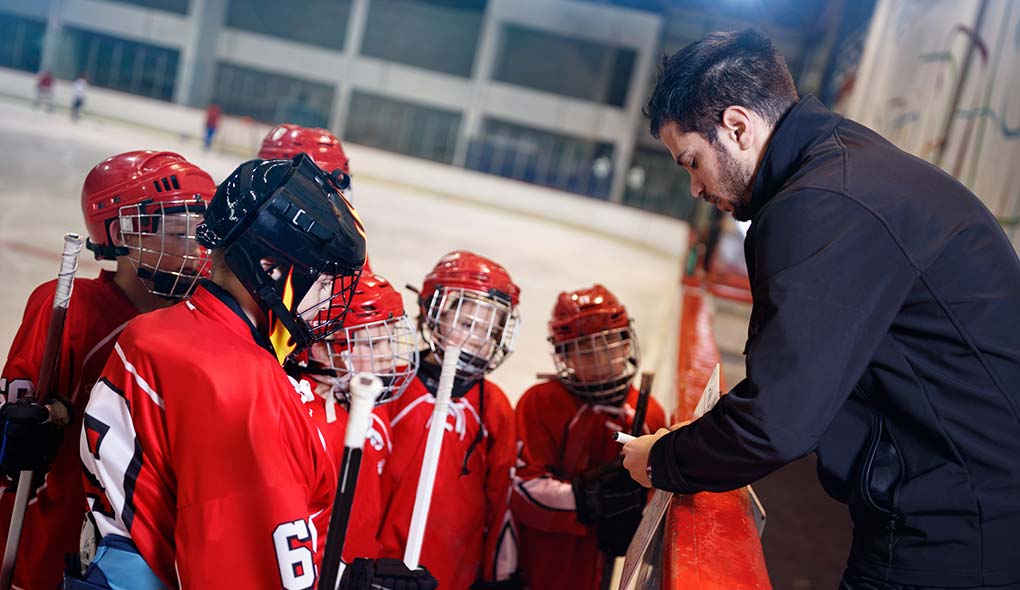Experiencing change in any sport can be challenging. Athletes invest their time, energy, and passion into their craft, making transitional events like joining a new team, adapting to a new coach, or moving to a new environment significant moments in their athletic journey. As a coach, it is crucial to understand how these changes can affect athletes and provide the necessary support to help them navigate these transitions successfully. In this article, we will explore five essential tips for coaches to assist their athletes in coping with big changes, fostering team spirit, and creating a positive team culture.
1. Recognize and Address Mental Health for Athletes:
"Your mental health is just as important as your physical health. Don't neglect it." - Michael Phelps
Transitioning to a new team or coach can impact an athlete's mental health. Like Olympic swimming legend Michael Phelps suggests, it is essential to prioritize mental well-being. Encourage open communication and create a safe space for athletes to express their feelings and concerns. Pay attention to signs of anxiety or stress and provide resources for professional support if needed. By prioritizing mental well-being, coaches can help athletes thrive in the face of change.
2. Facilitate Smooth Transitions:
"Change is not always easy, but with the right support, you can adapt and excel." - Serena Williams
When athletes join a new team or adapt to a new coach, they need guidance and support to navigate the changes. Tennis superstar Serena Williams believes that with the right support, athletes can navigate change successfully. Take proactive steps to ensure a smooth transition by assigning a mentor or a buddy from the existing team to help the newcomer feel welcome and comfortable. Providing orientation sessions and familiarizing athletes with the team's dynamics and expectations can also aid in their adjustment process.
3. Emphasize Team Building and Collaboration:
"Talent wins games, but teamwork and intelligence win championships." - Michael Jordan
Moving to a new team or working with a new coach presents an opportunity to strengthen team connections. Basketball legend Michael Jordan highlights the importance of teamwork and collaboration. Engage athletes in team building games and activities that encourage collaboration, trust, and camaraderie. Foster an environment where athletes feel united in their pursuit of shared goals. By fostering team spirit, coaches can inspire loyalty and build a cohesive and supportive team.
4. Develop a Positive Team Culture:
"A positive attitude causes a chain reaction of positive thoughts, events, and outcomes." - Usain Bolt
Coaches play a pivotal role in shaping team culture. Sprinting sensation Usain Bolt emphasizes the power of a positive attitude. Encourage a positive and inclusive environment by setting clear expectations, fostering open communication, and valuing each athlete's contribution. Promote a growth mindset, where mistakes are seen as opportunities for learning and improvement. A strong team culture helps athletes feel supported and motivated during times of change.
5. Support Stress Management for Athletes:
"I learned that the greatest progress is made when I push through moments of discomfort." - Simone Biles
Change often brings added stress to athletes. Gymnastics icon Simone Biles believes in pushing through moments of discomfort for personal growth. Teach stress management techniques such as deep breathing exercises, visualization, or mindfulness. Encourage athletes to maintain a balanced lifestyle by emphasizing the importance of rest, nutrition, and self-care. By providing athletes with tools to manage stress, coaches empower them to perform at their best despite the challenges of change.
Managing big changes in sports requires a thoughtful and supportive approach from coaches. By recognizing the impact of change on athletes' mental health, facilitating smooth transitions, fostering team spirit, and promoting a positive team culture, coaches can help athletes cope effectively with transitions. By prioritizing the well-being and growth of athletes, coaches can cultivate an environment that breeds success, loyalty, and resilience. Remember, the most successful coaches are those who empower their athletes to thrive in the face of change and create a lasting legacy of achievement.

